If you want to raise brand awareness and acquire new customers it’s never a bad idea to call Google to the rescue.
Most brands rely on organic traffic and search engine optimization to get their customers. But most small businesses can’t afford the luxury of waiting.
Instead, small businesses need quick results so they could scale and grow their brand. That’s where Google ads (historically known as Google Adwords) come into the fray.
But with competition rising and the costs of ad real estate going up, small business owners are wondering if Google advertising is still a viable marketing strategy.
We’ll try to answer that question.
Are Google Ads Worth It For Small Businesses In 2024?
Yes. If you’re an SMB owner, you can turn to Google search advertising.
With privacy regulation hampering Facebook’s attribution, small business owners started putting their hopes into Google ads even more.
And it makes a lot of sense.
Google is the most powerful marketing platform with a vast, ever-growing pool of data.
Dip into that information with a tailored master plan and it can provide you:
- Cheap clicks that lead to your website.
- Sophisticated targeting to hit new customers.
- Quick growth opportunities with positive returns
But there’s something you need to know before you start using Google ads.
There is no silver bullet.
Just because some small businesses succeed with their advertising campaigns, doesn’t mean it’s a guaranteed success.
You need to roll up your sleeves and put on the work.
Why Use Google Ads If You’re a Small Business?
Two things are crucial when you’re running a small venture:
Brand awareness and customer acquisition.
The trouble is, how to compete with the big boys with a limited ad budget? That’s where Google ads jump in.
These are just some of the reasons why Google can help you grow (and grow fast):
- Powerful tools: Google’s AI, ad management, tracking, and analytics tools are the best in the game. With smart utilization, you can reach your target audience without burning cash.
- Target by search intent: Targeted advertising is powerful. And pay per click (PPC) search ads help you get your business or service on top of Google’s search results. Meaning that if you optimize your ads properly, you can reach potential customers that are already looking for your product.
- Reach nearby users: With features like Google My Business and Geotargeting, you can attract nearby potential customers. For example, if you’re a massage parlor and someone in your area Googles “massage near me” – your ad can come up on top, leading them to your service.
- Target multiple industries: With search ads, you can target people from various verticals without -having to overspend. By using industry-specific keywords, you don’t need to waste time and money creating product pages for various industries. Just use different keywords and take your customers to the same store – (e.g. googling basketball gear, soccer apparel – can all display ads leading to your sportswear store).
- Get instant & trackable results: Steady and measurable growth is fundamental for any small business. Google ads help you get a clear picture of what’s working and not regarding your branding & messaging. It also provides opportunities for scaling as you’re always aware of your ROI.
Note: Some businesses use Google ads for branding while others rely on them for most of their traffic and revenue. Also, most brands utilize them in combination with multiple advertising channels such as Facebook & Instagram, email marketing, and more (depending on budget).
How Much Should You Spend On Google Ads As a Small Business?
The first rule of running Google campaigns on limited resources? Don’t go bonkers.
It’s true that the more you spend the better. You can split your campaigns and track more data which provides a clearer picture.
But with your budget low, you can start small and play it smart to compete with the big boys.
So what’s your Google Ads budget if you’re a small brand? If you run a small (possibly local) business you could start with a $2000-$8000 spend. Focus on keyword research, optimization, and tracking data so you can see what works.
The amount that one should spend on Google ads varies depending on the size & location of the company, as well as the industry.
After you’ve found the winning formula, you can start scaling aggressively and spend money with much more confidence.
Note 🍽️: There’s no free lunch. If you can’t spend at least $2000 on Google ads you might think twice before starting. If you’re in a highly competitive industry, you may need double, sometimes even more.
How to Make the Best Out Of Google Ads For Small Businesses
If you’re a small business and want to run Google ads, it’s not enough to set and forget.
Be on top of the game so you can yield winning results with fewer resources.
Here are some tips that could help you.
Plan Ahead
You might not have a blank ad spending checkbook, but you can compensate for it with time.
Throwing everything at the wall hoping something will stick will inevitably lose you money.
Instead, take time to plan your advertising campaigns.
Map out your ideal customer avatar and think about their search intent. If they need a product or service like yours, how would their search query look like?
Think about the industry verticals that you want to target. Plan separate keywords for those verticals.
Limit the Number of Keywords You Rank For
In the cost-per-click world, ranking for the wrong keyword means burning cash.
Let’s say you’re selling electric bikes. Who can stumble across your ad? Users searching for regular bikes, mountain bikes, professional bikes, gym bikes, children bikes… But they won’t buy the product.
Meaning they will cost you the click, but you won’t have any returns.
How do you fix that? It’s a piece of cake. Just use negative keywords.
By eliminating surplus keywords you provide accurate targeting for your potential customers, saving money in the process.
Limit Locations
If you’re a small eCommerce business shipping nationwide, who shouldn’t see your ads? Anyone that’s not in your current shipping area. They just can’t get their hands on your product.
Also, if you’re a small local shop and want to attract users to your retail store, you will try to show your ads only to people around your area.
Google allows you to exclude locations from your ad targeting so you can show ads only to users relevant to your area.
Similar to negative keywords, location exclusions are an effective way to drive relevant traffic to your small business.
Focus More on Search Ads (Instead of Display)
When it comes to Google Search vs Google Display ads for small businesses, the latter always takes the cake. That’s because of two things:
- Display ads are cost per click, meaning you will only pay when the users click on your ad.
- Display ads are a form of “pull” advertising – they will appear to users that intend to take action.
If you’re operating on a smaller budget, these ads help you align it with your marketing costs.
You simply divide your budget with costs per click and you’ll know the amount of qualified traffic to expect.
Make the Best Use Out of Google Ad Extensions
Ad extensions not only perk up your ad making it more appealing and visible. They also buff it with additional information your prospects may find useful.
With ad extensions, you can enrich your text-based ad with:
- Sitelinks
- Callouts
- Location
- Phone number
Ad extensions offer more data and more clickable options to your audience. In doing so, you’ll attract qualified customers that are likely to convert. And that’s the real money-saver.
Always Stay On Top Of New Features
The most underrated aspect of any effective marketing is being ahead of the curve.
A change that may seem small in the marketing world (addition of a new feature e.g.) can make big moves.
By adopting and leveraging these changes early, you can get a head start in front of your competition.
Make sure you’re always following the latest news, feature additions, changes to the algorithm, etc, and embrace them.
Bookmark Google Ads new features & announcements official page to keep track of the latest changes. Also, you can follow websites like Search Engine Journal for more third-party news & tips about Google ads.
Don’t Lose Money on Branded Keywords
This is a tad controversial, but hear us out.
You should only bid on your branded keyword if there are competitors who are trying to steal your traffic. Otherwise, you’re just competing against yourself.
For instance, if Nike wanted to take over Converse’s traffic, it’d bid on the “converse“ keyword – so Nike shows up at the top of the search results – above Converse. In that case, Converse needs to outbid Nike so it reclaims its top position.
Now if you’re already ranking on the first page organically for your brand keyword and related queries – and you don’t have a competitor bidding on those trying to outrank you – you’re already first.
In that case, spending money on branded keywords would mean you’re just competing against yourself.
Use Automation aka Performance Max
As a small business, leveraging Google Performance Max can significantly enhance your ad performance with unified solution across various Google platforms.
With Performance Max, all your campaigns including Search, Display, YouTube, and Google Shopping are optimized automatically by machine learning at the same time.
This approach allows much more efficient use of your marketing budget – which can make or break a small business – as it will try to find the best approach for placing ads and targeting based on your business goals and budget.
🤖 Want to learn more about Performance Max Campaigns? Check out our big Performance Max guide.
The best of all – Performance Max will use advanced algorithms to continually refine ad performance which allows you to reach most relevant audience with minimal manual intervention.
And since you’re a small business with limited resources – Performance Max is particularly useful for you. Why? Because it maximizes return on investment and saves time on ad management. It can’t get better than that!
Conclusion
Google ads can be an effective assistant to your growth strategy, but they aren’t a magic potion.
You still need to think it all out before going all in. Even if aligns with your budget, a wrong Google strategy can hamper your long-term gains.
Make sure you optimize your ads and look for opportunities to scale. Be thorough in your preparation and data-driven in your execution! 🎯
Having doubts? Ads aren’t working as planned? If you have any questions, feel free to reach out and our PPC experts can help!
Need help creating, optimizing, and managing Google ads?

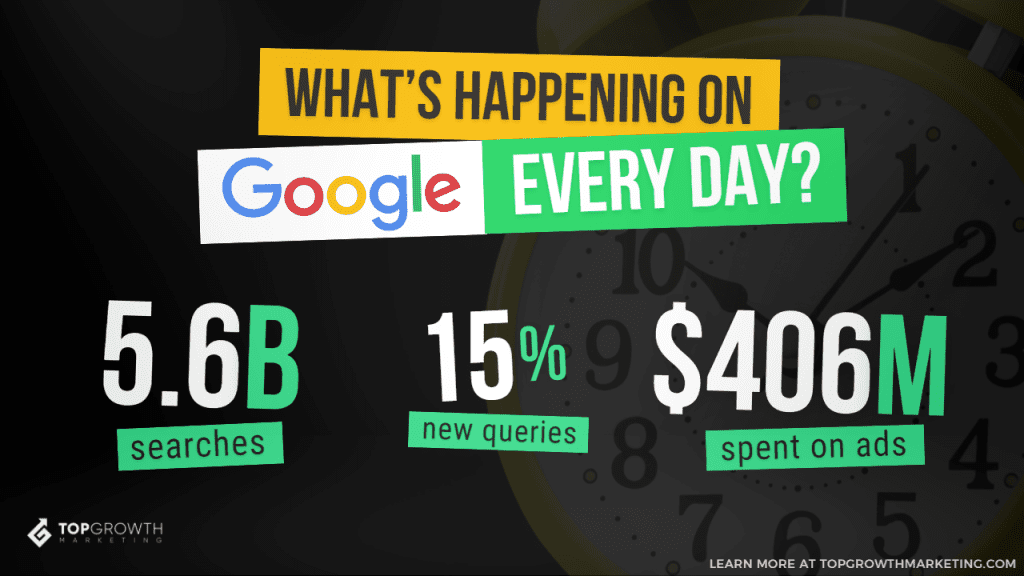
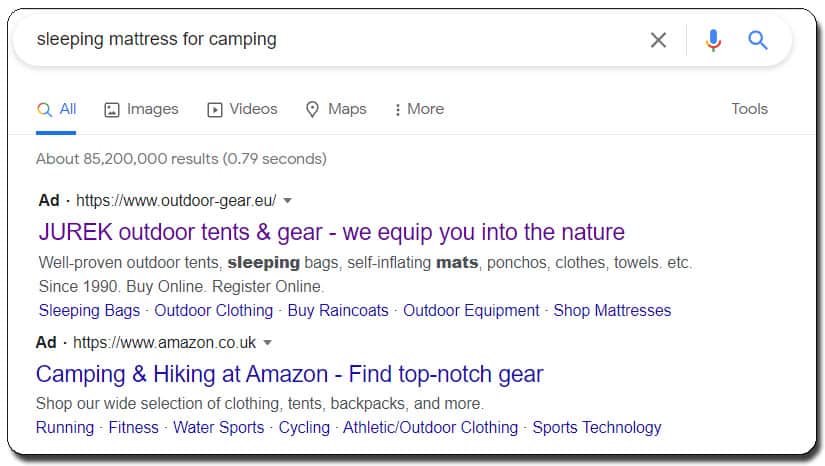
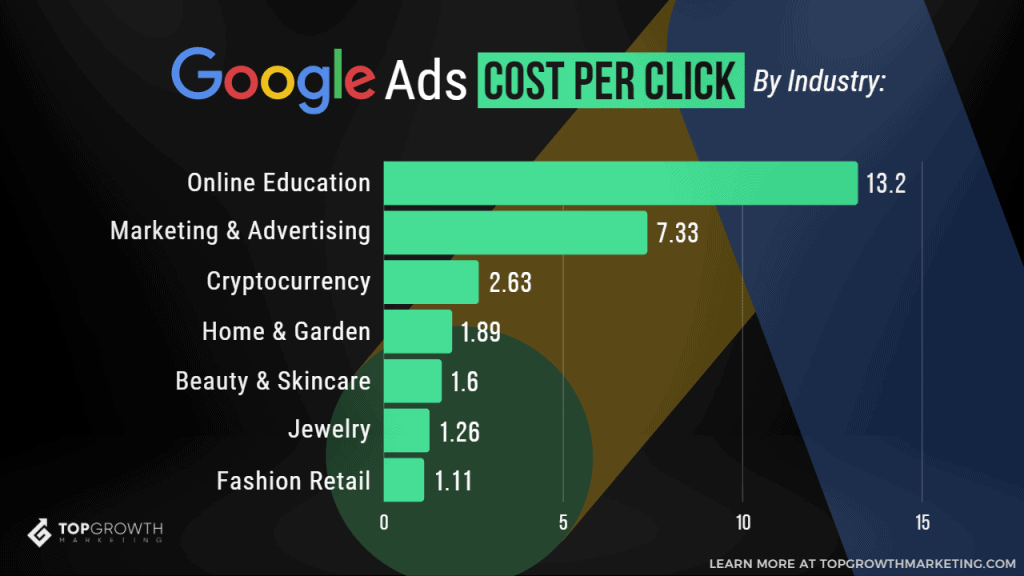
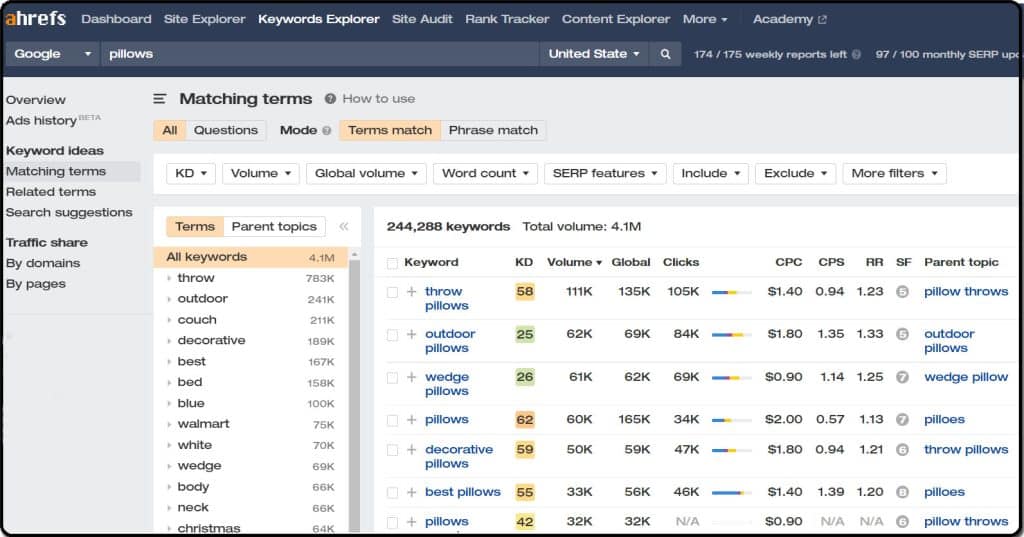
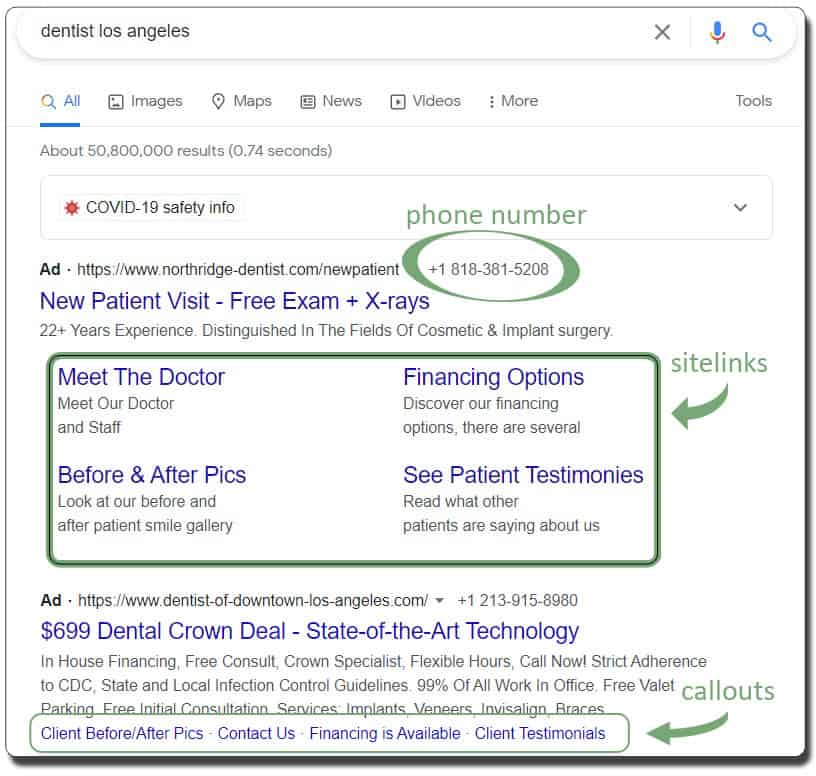

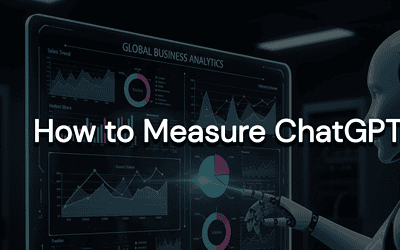
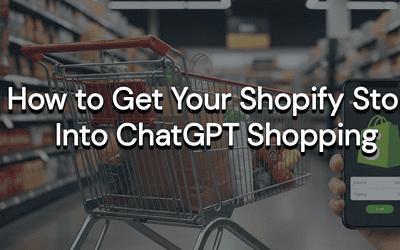

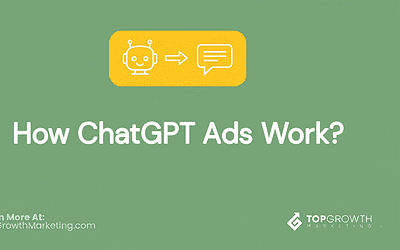
Have been looking for points to improve my google ads campaign and after reading this article i feel that i got some helpful tips. Thanks a lot and keep posting more 🙂